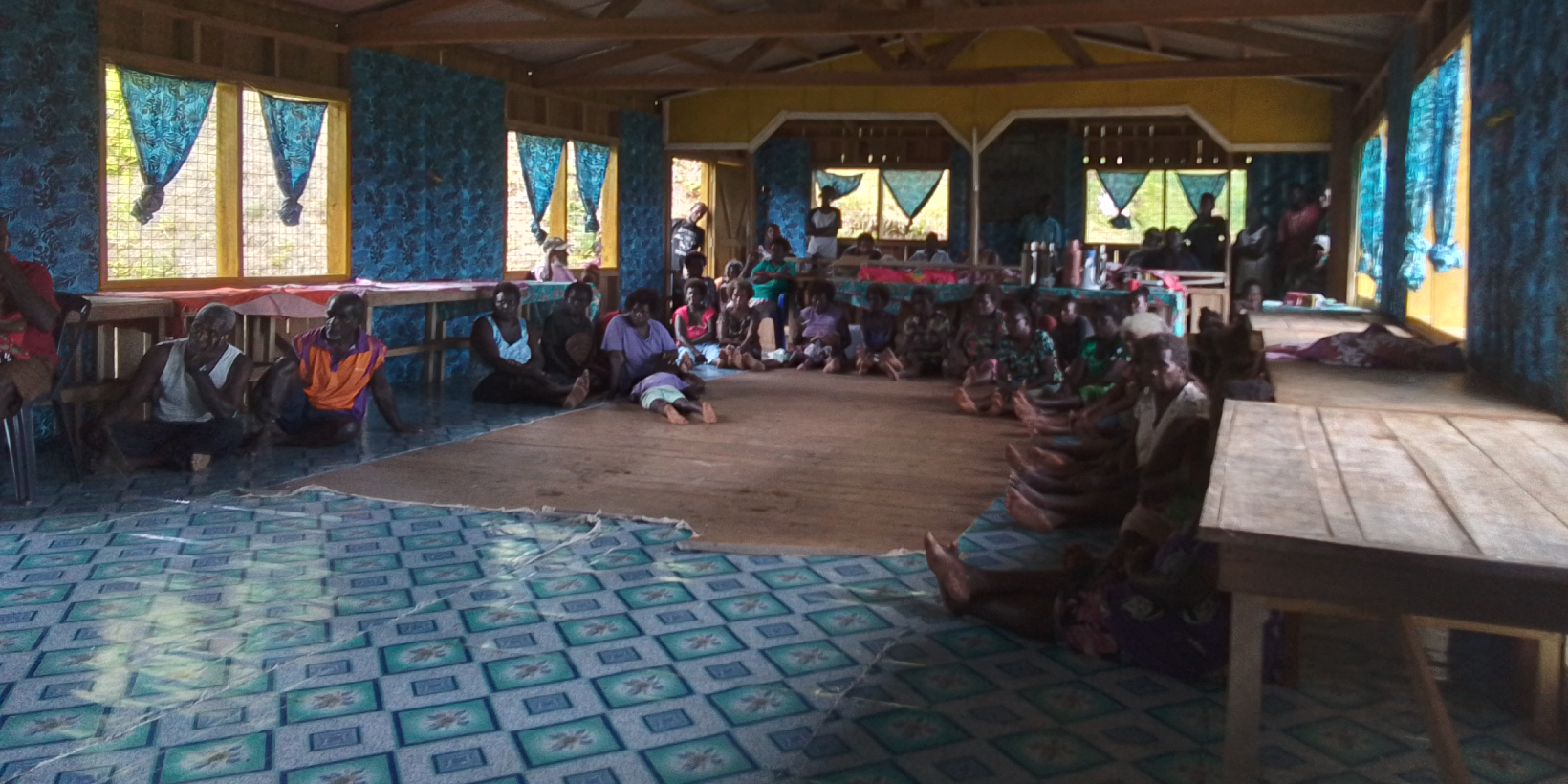Decades of unchecked misuse of millions of dollars in ward and constituency funds are now being exposed as Western Province communities demand answers through newly introduced ward open forums.
The initiative, supported by the World Bank and rolled out by the Western Provincial Planning and Coordination Division, is giving people for the first time the chance to directly question their leaders on how ward funds are managed.
For years, Members of Parliament (MPs) and Members of Provincial Assemblies (MPAs) have received large sums ranging from hundreds of thousands to millions of dollars without communities knowing how the money was spent.
Allegations of widespread mismanagement and personal gain have long dogged these allocations.
“People had no idea what was happening at the ward level. There was no accountability,” Spokesman from the provincial planning officer told Solomon Star in a recent interview.
“Apart from the forum held on the also part of the program the training for Ward Development Committee (WDC) was also conducted for its members on their roles and responsibilities.
“Interestingly people in the community raised questions that leads to heated arguments direct towards WDC Committee members on how they utilize the money for the ward,” the Planning Officer said.
“With the learning and insights they get from this training, everyone in the community will not be blind when dealing with no money allocation inside the Constituency,” the office added.
The first-ever Provincial Performance Forum (PPF) was held in Gizo on May, where the public, stakeholders, and chairpersons of the 26 Ward Development Committees (WDCs) reviewed budgets, expenditures, and project reports.
Community members openly questioned leaders about missing funds, audit findings, and incomplete projects.
So far, only three wards have completed their full financial performance reports. The rest are expected to follow, with Shortland Islands being the last in the current tour this week.
The forums are part of the Integrated Economic Development and Community Resilience Project, jointly implemented by the Ministry of Provincial Government and Institutional Strengthening (MPGIS) and the Ministry of Environment, Climate Change, Disaster Management and Meteorology.
Similar forums have been conducted in Malaita, Guadalcanal, Isabel, Central Islands, Makira-Ulawa, and Temotu earlier this year, but the Western Province forum has gained momentum with high public turnout.
Officials confirmed that another PPF will be convened once all 26 wards present their reports, with the exercise expected to become an annual event.
“These forums are about exposing the truth,” one WDC chairperson from Rannoggah said.
“Our people finally have the chance to demand accountability and ensure funds serve the communities they were meant for the people.” the Chairperson said.
In 2021 that’s when the first channeling of RCDF into WDC accounts happened—via an MoU in West New Georgia & Vonavona, where four Ward Development Committees each received SBD 300,000 from RCDF (PRC support) to administer directly.
This was done by a former Member of the Parliament (MP)West New Georgia and Vonavona, Silas Vaqara Tausinga.
With the new step the four Ward Committees have received a sum of $ 300,000 SBD each, of People’ Republic of China (PRC) support to Constituency Development for project implementation this year.
In April 2013, Transparency Solomon Islands (TSI) Executive Officer Daniel Fenua criticized the government for diverting nearly US$2.7 million from the national budget to cover shortfalls in the Rural Constituency Development Fund (RCDF), which had originally been supported by Taiwan.
The diversion followed revelations that 17 Members of Parliament (MPs) could not account for their RCDF spending.
According to media reports, TSI has highlighted the massive sums channelled to MPs through the Constituency Development Fund.
Between 2010 and 2016, MPs received a combined SBD$1.37 billion (US$169.2 million), with 2016 recording the highest allocation of SBD$7 million per MP.
TSI’s spokesperson, Ruth Liloqula, told the local media that the funds were intended to support constituency development projects.
“However, community visits to 39 constituencies revealed little evidence of RCDF-funded infrastructure.
Instead, much of what exists was built through donor support or community initiatives.
Constituents often lacked awareness of the scale of funding involved, many believing MPs only received a few hundred thousand dollars.”she added.
Liloqula further noted that benefits from RCDF were often distributed selectively, mainly to voters, in the form of roofing iron or solar kits—many of which have since fallen into disrepair.
She stressed that there was “nothing much in the constituencies to account for this large amount of funds.”
In response to these longstanding concerns, reforms have redirected RCDF management through the Ministry of Rural Development.
Funds are now channeled via Constituency Development Committees (WDCs), rather than through MPs, with the aim of improving accountability and ensuring fairer distribution.
The Rural Development Fund has long been a source of problems for successive governments in the country.
Many Solomon Islanders listed it as the most corrupt aspect of the government in the lead-up to the last election.
The Rural Development Fund has long been a source of problems for successive governments in the country.
Many Solomon Islanders listed it as the most corrupt aspect of the government in the lead-up to the last election.
Meanwhile, the Provincial Planning Coordination team will tour Shortland Constituency both Inner and Outer Shortland for the WDC training and its Ward Forum.
This is the last Constituency to be toured in all of the 26 wards in Western Province.
By ULUTAH GINA
Solomon Star, Gizo









